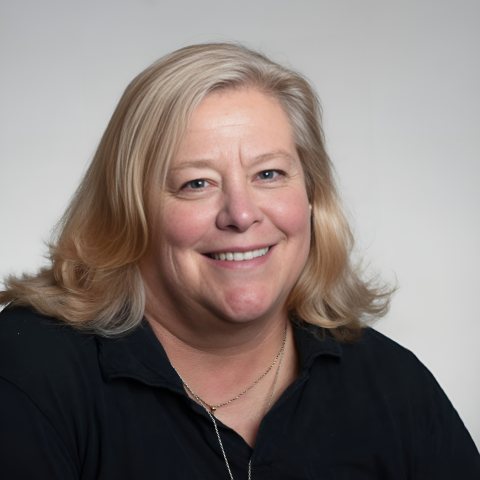

For years, educators have been interested in accommodating students with disabilities and medical impairments into regular classrooms. Classroom and furniture design has been developed and implemented across the country and in other nations for this purpose. Recently, questions and concerns have been raised regarding the health, safety, and comfort of ALL students in schools which may increase their time on tasks, thus benefit learning and health.
The classroom environment plays a major role in the learning process. This research was initiated under the premise that human bodies are meant to MOVE not SIT still- that our bodies are meant to be moving and standing - not sitting or stationary. Equally important, we believe the physical environment (in our case focusing on the furniture) can help provide a meaningful teaching and learning experience. Not only focusing on health, but also on an overall feeling of wellness so students are motivated to learn, engaged, focused and want to be in a space that is user friendly and stimulating.
In this presentation we will share how an interdisciplinary approach (design and education) to a healthy classroom environment affects student movement, comfort, and focus. The research involves students from Salem Academy, disciplinary faculty from design and education at Salem College, and a leading furniture industry partner: VS America. Renowned expert Dr. Dieter Breithecker who is a Health and Kinetics Scientist, and the President of the Federal Institute on the Development of Posture and Movement in Germany, stresses physical activity is essential to impact physical and mental health, especially as it pertains to students in schools and for those working in offices. As an international expert he has presented all over Europe, Asia, Indonesia, North and South America, Australia, and Arabia, and presented at Salem College and consulted with Salem College researchers, Dr. Rosa Otero and Dr. Johnna Lyons.
Dieter states “agile learning or body engaged learning is the goal, learning with the whole body”; equally important, “when people are in environments that support positive emotions, they‘re free to be productive, collaborative, and creative”.
Professor Johnna Lyons
Dr. Johnna Lyons works as a full-time faculty member at Salem College and serves in the teacher preparation program. She began her professional career as a high school teacher and a coach of numerous varsity sports including basketball, volleyball, tennis, track, and softball. Prior to her appointment at Salem College, she worked in both the public and private school sectors as an educator and administrator. She served as a Director of Federal Programs for a charter school management company in North Carolina, New York, Michigan, and Ohio, as well as a Director of Admissions at a private school.
Dr. Lyons earned a Doctorate in Educational Leadership from the University of Sarasota, a Master of Science in Educational Administration and Supervision from Longwood College, and a Bachelor of Science in Education from West Virginia State College. Her current licensure areas include School Administration Superintendent, Principal K-12, Curriculum Instructional Specialist, Exceptional Children Program Administration, Physical Education, and Special Education.
Dr. Lyons is the sponsor of the Salem College Student North Carolina Association of Educators (SNCAE) and is a member of the parent organization North Carolina Association of Educators (NCAE). She also serves as the Salem College Chapter counselor of Kappa Delta Pi, an honor society in Education and is a long-time member. Her campus leadership includes serving as a Division Chair for the Education, Business, and Leadership programs. Dr. Lyons notes that being a professor at Salem College and working with Salem students is the highlight of her career!
Professor Rosa Otero
Dr. Rosa Otero is a full-time faculty and the current Director of the Visual and Performing Arts and the Design programs. She is the designer and curator of the Salem College SIDE Chair Library, a one-of-a-kind facility that provides access to 20th-century furniture icons. Before Salem, she helped establish the interior design program at Forsyth Technical Community College and became the first coordinator of the program. Additionally, she has taught interior design, as an adjunct, at High Point University.
The Design Program at Salem College possesses a strong presence within the community due to Dr. Otero’s abilities to outreach and collaborate with organizations such as the Bienenstock Furniture Library, Sawtooth School for Visual Art and the High Point Market Authority.
She holds a Ph.D. and a Masters of Science, both in architecture from the University of Pennsylvania; a Masters in Architecture from Virginia Tech; and a Bachelors in Environmental Design from the University of Puerto Rico.
Otero currently serves on the Kaleideum and on the Winston-Salem Forsyth County Arts Council boards and has served on the LEAD Girls of NC among other organizations. She is a member of the Interior Design Educators Council (IDEC), the Association of Academic Museum & Galleries (AAMG), the International Furnishings Design Association (IFDA) and the National Kitchen and Bath Association (NKBA). She is an inductee of the National Collegiate Hispanic Honor Society, Sigma Delta Pi. Rosa’s first language is Spanish and she is originally from Puerto Rico.